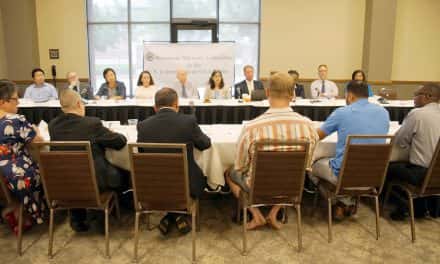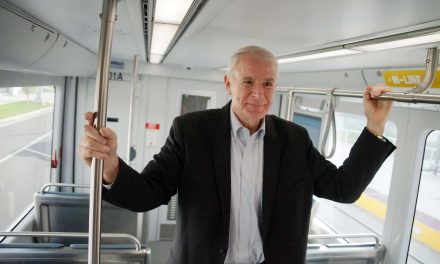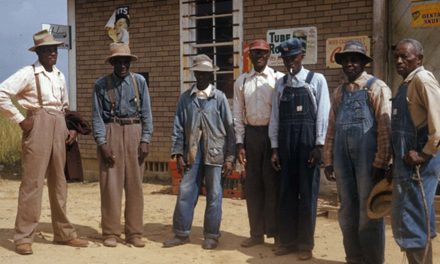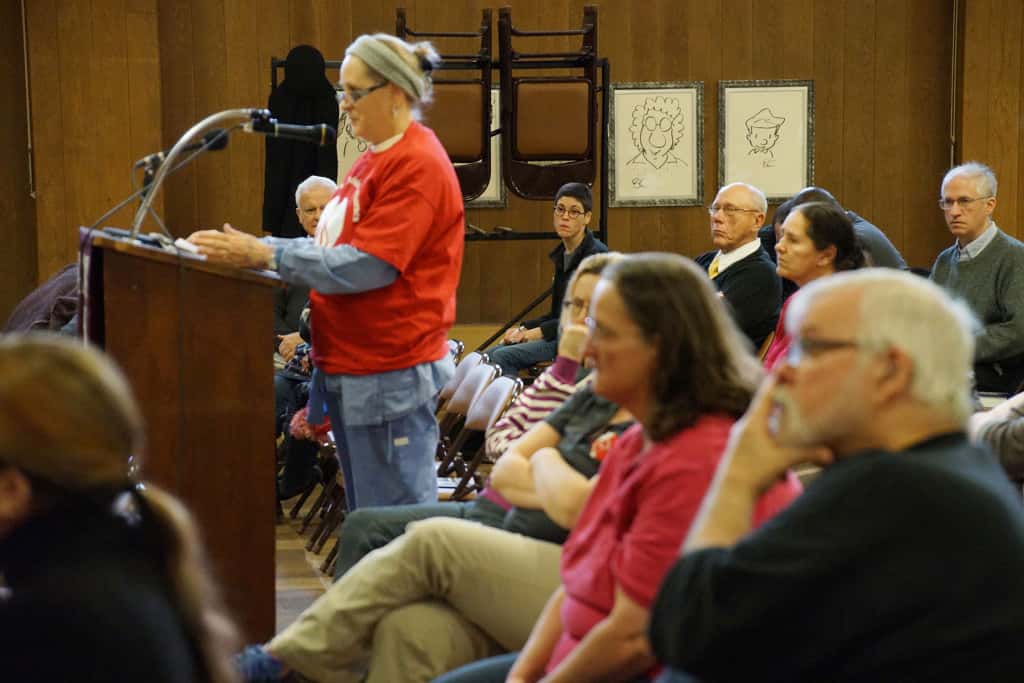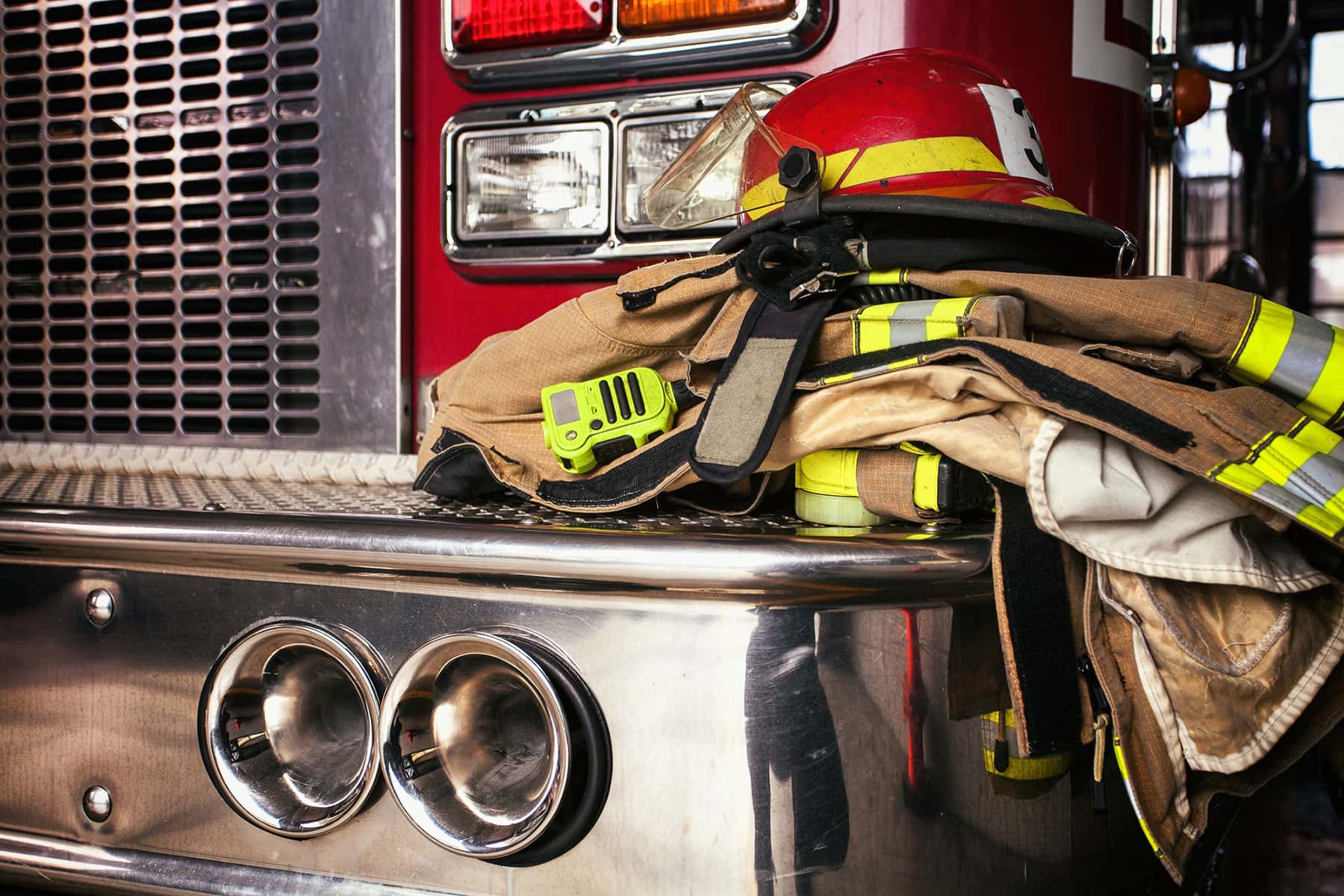
U.S. Senators Tammy Baldwin recently co-introduced bipartisan legislation to provide affordable housing opportunities for volunteer firefighters and first responders in order to help recruit and retain more volunteers, particularly in rural and under-served communities.
According to the National Fire Protection Association’s 2017 U.S. Fire Department Profile, 65 percent of firefighters nationwide are volunteers, and fire departments rely on these volunteers to help respond to a wide array of local emergencies. Recruiting and retaining volunteer firefighters is critical for thousands of communities, yet local volunteer fire departments, especially those serving small and rural communities, find it difficult to meet staffing needs and attract younger volunteers.
“Fire departments in Wisconsin and throughout the nation rely heavily on volunteer firefighters and EMS first responders. We need to make sure that those who volunteer their time to serve have affordable housing in their community,” said Senator Baldwin. “For someone who wants to be a volunteer firefighter, or for someone who is currently is, this bipartisan legislation would make owning a home more affordable and help with volunteer firefighter recruitment and retention.”
The Volunteer First Responder Housing Act would expand eligibility for qualified volunteer first responders to participate in certain federal housing assistance programs and provide a greater incentive for more volunteers to stay and continue to serve their communities.
“Volunteer first responders risk their lives to keep our families safe and our communities secure – with no compensation for their efforts,” said Senator Tester. “This bill will make recruiting volunteers easier, and will help the men and women who respond to trouble afford to live in the communities they so bravely serve.”
Expanding the eligibility for qualified volunteer emergency responders to participate in federal housing assistance programs has a number of benefits. It encourages volunteering, provides agencies with a recruitment and retention tool, makes it easier for volunteer responders to remain living in their communities, and says ‘thank you’ for their service.
“Hundreds of rural communities across West Virginia rely on volunteer firefighters and EMS professionals,” Senator Capito said. “This bill works to address the staffing and retention issues many stations face by providing housing incentives. The goal is to encourage these local heroes to continue their brave work in their communities, and this bill will help accomplish that.”
This legislation makes it possible for more volunteer emergency responders to participate in the Single Family Housing Guaranteed Loan Program through the U.S. Department of Agriculture Rural Development. This existing program assists approved lenders in providing loans to low- and moderate- income households to build, rehabilitate or improve a home in eligible rural areas. The bill will allow volunteers to participate in the loan program even if their income exceeds the maximum allowable income level by up to $18,000.
“Senator Baldwin’s collaborative and bipartisan effort to develop the Volunteer First Responder Housing Act is a critical step toward incentivizing and rewarding the fire and EMS volunteers that quietly protect and serve millions of Wisconsinites,” stated Mike Koles, Executive Director of the Wisconsin Towns Association. “In addition to putting out fires and saving lives during accidents and medical emergencies, increasingly Wisconsin’s volunteers have provided exemplary leadership in responding to natural disasters. Yet, these heroes are retiring and not adequately being replaced with new volunteers. Affordable housing opportunities, such as created in this Act, are an essential tool in providing safe and vibrant communities throughout the Badger state.”
It also makes volunteer emergency responders eligible to participate in the U.S. Department of Housing and Urban Development’s Good Neighbor Next Door Sales Program. This existing program gives law enforcement officers, teachers, firefighters and emergency medical technicians a 50 percent discount from the list price of a home located in a revitalization area.
“Many fire, EMS, and rescue departments are finding it increasingly difficult to recruit and retain volunteer personnel. Helping volunteer emergency responders buy, renovate, or refinance their home is a fantastic retention incentive that also makes it easier for volunteers to continue living in the community where they serve,” said National Volunteer Fire Council Chair Steve Hirsch
The Volunteer First Responder Housing Act is supported by National Volunteer Fire Council, International Association of Fire Chiefs, Housing Assistance Council, National Rural Housing Coalition, National Association of Towns and Townships, National Association of Counties, Wisconsin State Firefighters Association, Wisconsin State Fire Chiefs Association, Wisconsin Counties Association, Wisconsin Towns Association, and Wisconsin EMS Association.
“Local governments and first responders are on the front lines of protecting public health, safety and well-being,” said National Association of Counties Executive Director Matthew Chase. “Many counties, especially in rural areas, enlist volunteers to provide critical emergency services. We applaud this bipartisan effort to expand affordable housing opportunities for volunteer first responders and their families.”

